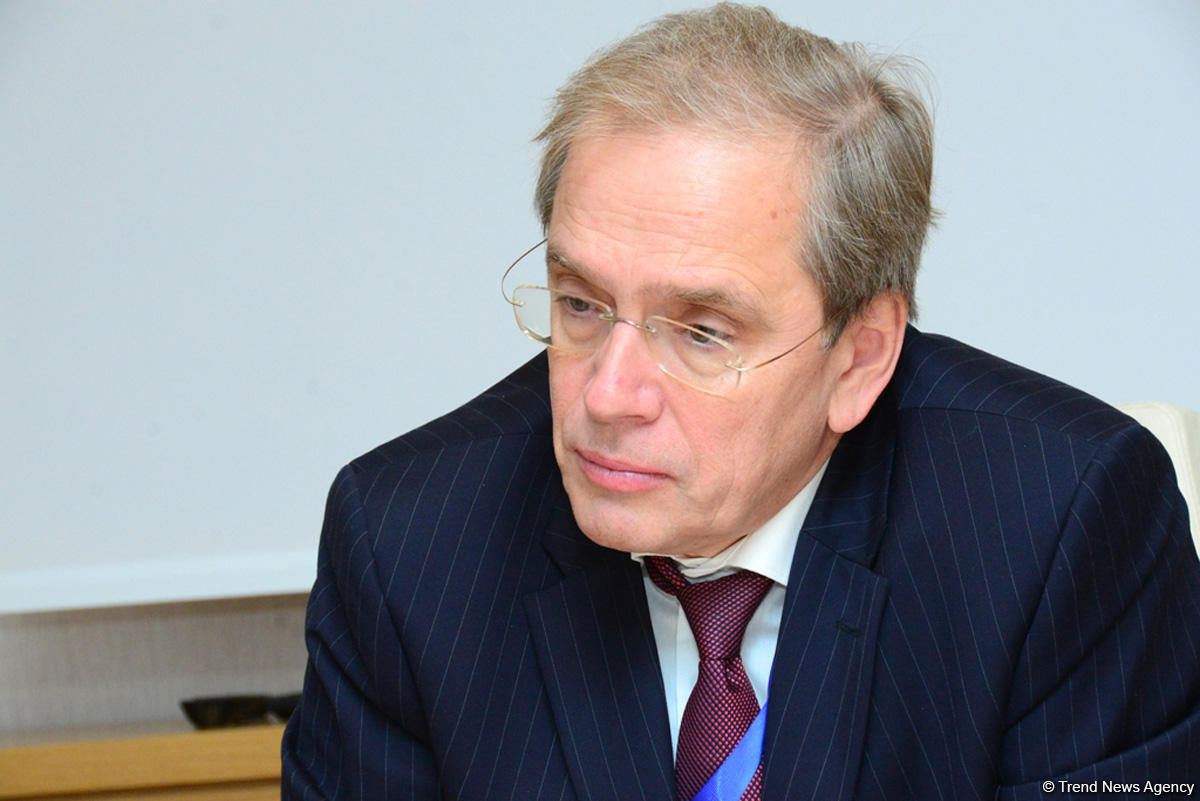BAKU, Azerbaijan, Nov.18
By Leman Zeynalova – Trend:
The Black Sea Trade and Development Bank (BSTDB) is ready to continue with local currency operations in Azerbaijan, Dmitry Pankin, President of BSTDB said in an exclusive interview with Trend.
"While a key raison d’etre for MDBs is the mobilization of external resources (foreign currencies) at attractive rates, and this will remain the case, there is nevertheless a growing demand for local currency lending in many markets where MDBs operate in order to help expand and deepen those markets, contribute to de-dollarization policies, and help catalyze greater external involvement in financial activities denominated in local currencies. BSTDB was the first MDB to undertake a local currency operation in Azerbaijan, and we intend to continue such a presence in collaboration with Azerbaijani banks to help promote financial sector development. We expect that this will be especially beneficial for the small and medium enterprise (SME) sector, which needs to develop substantially in order to support non-energy growth and to generate employment opportunities," he said.
Pankin noted that the Bank is making certain adjustments to its business model, but it is not overhauling it extensively.
"The basic model of multilateral development banks (MDBs) is to mobilize external resources for investment in the country of operation, so as to undertake investment in priority sectors that otherwise might not take place due to the perception of prevailing country risks. Fundamentally, this will not change for the Black Sea Trade and Development Bank, although there will be certain new features and changes of emphasis within the overall framework.
One of these has already been underway since 2018, and that is to shift more financing towards infrastructure investment in order to help Member States to deal with the extensive investment needs they face, which have become worse after years of under-investment that followed from the 2008 financial crisis. Azerbaijan in this respect has been less affected, as investment- particularly public investment in infrastructure- continued at a relatively healthy pace with the likely exception of the economic slowdown between 2015-2017. Having said this, investment rates have fallen in recent years in Azerbaijan, and going forward we will be keen to work both with public agencies and with private firms in order to help investment recover."
---
Follow the author on Twitter: @Lyaman_Zeyn






